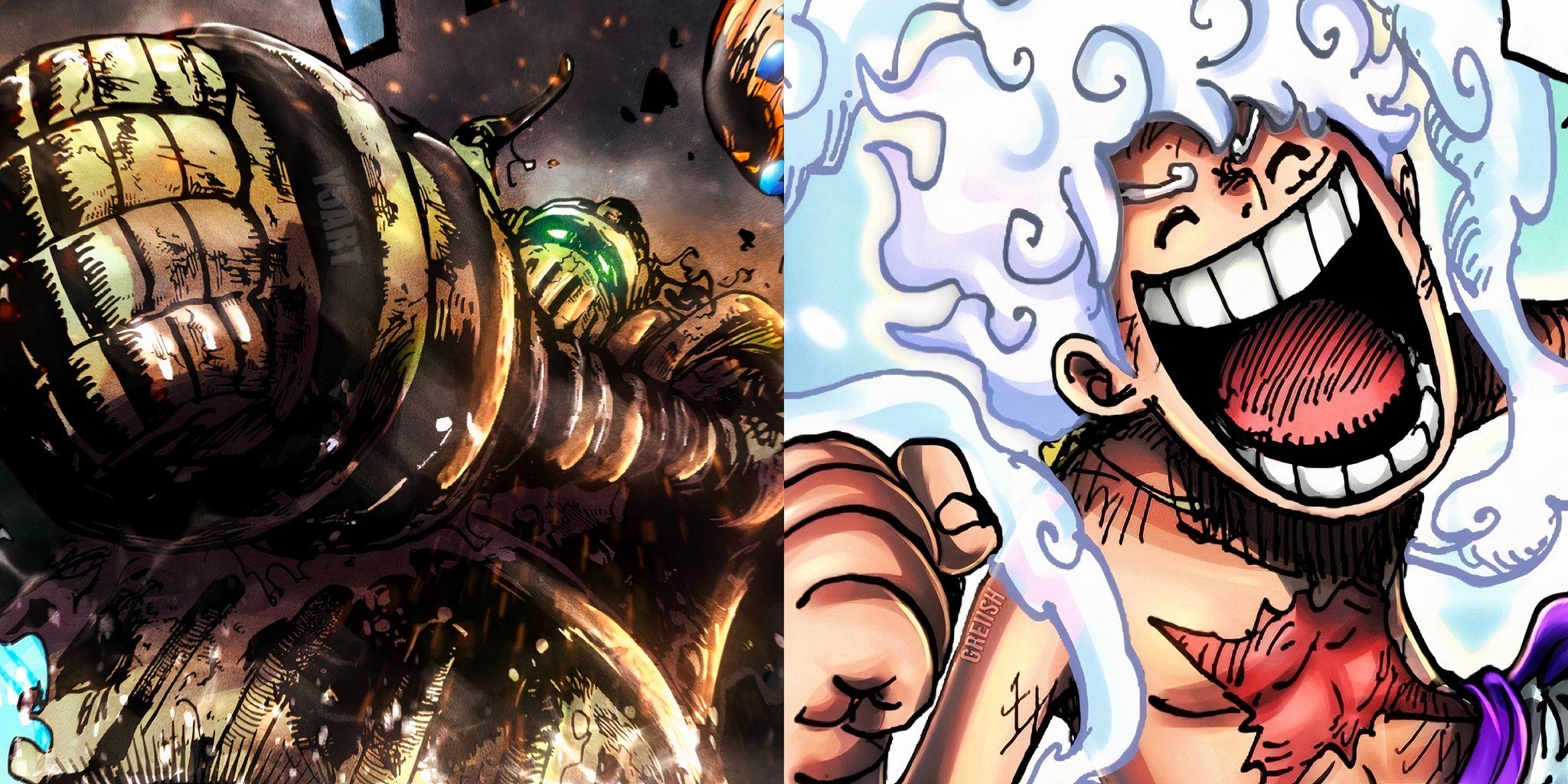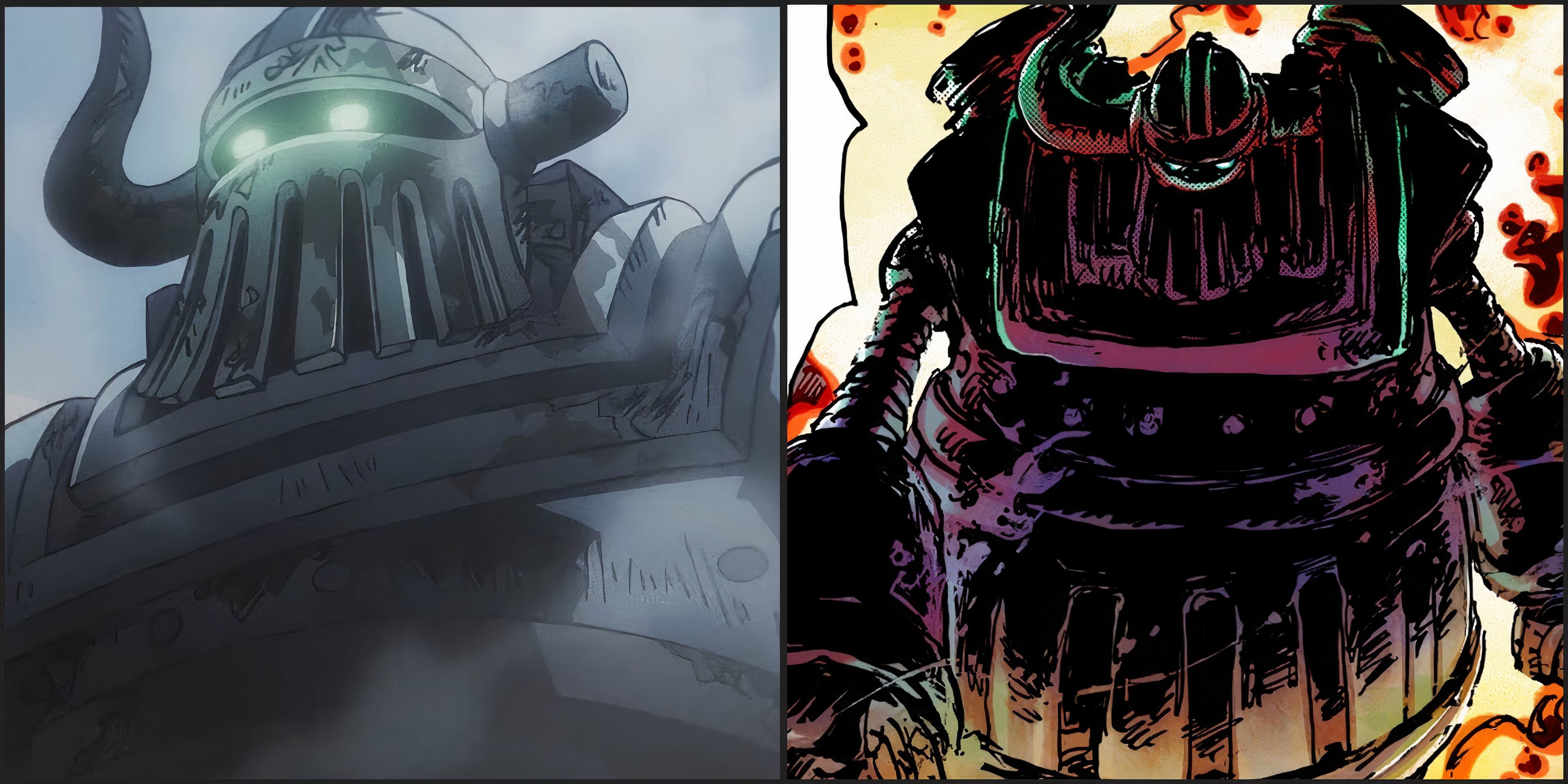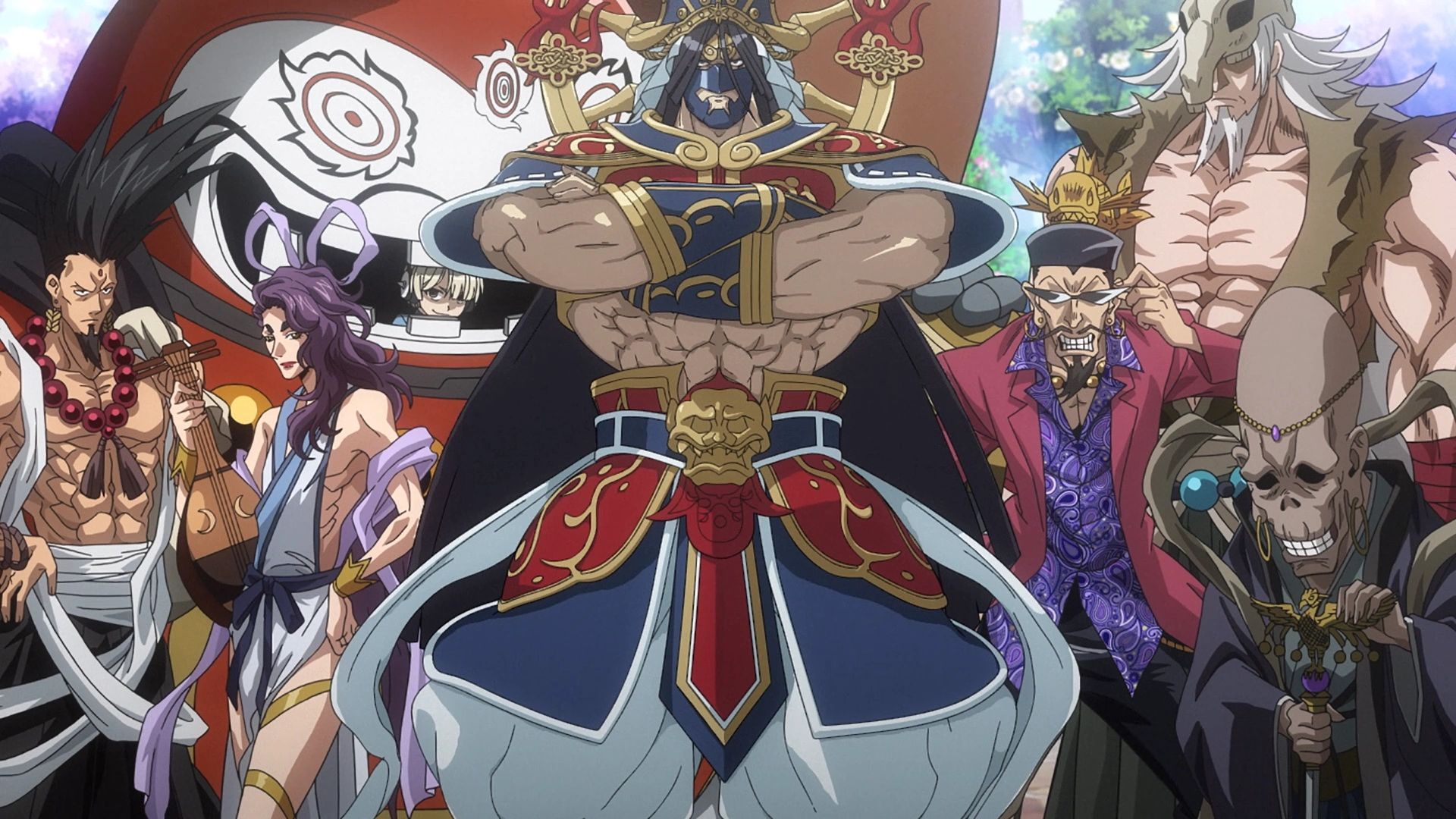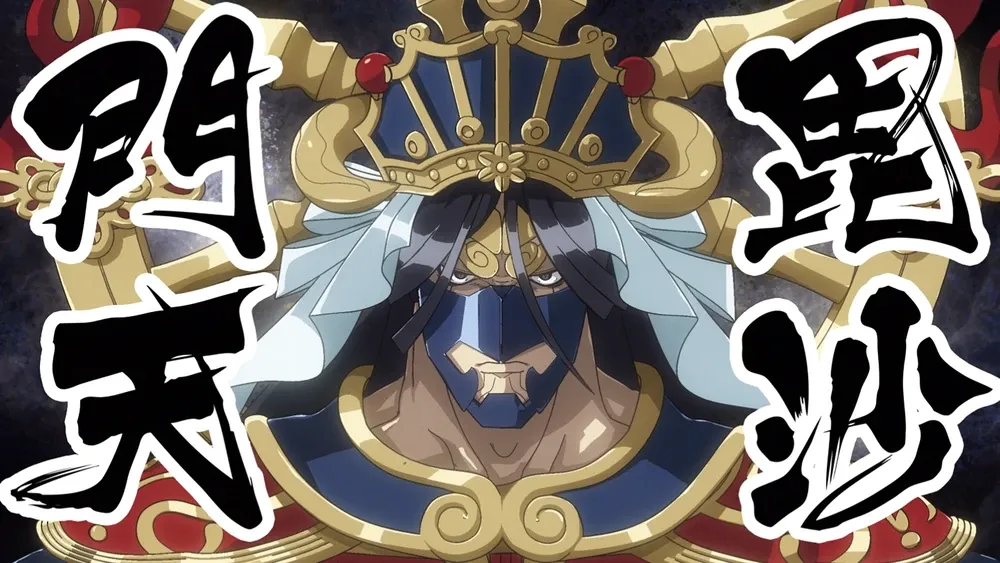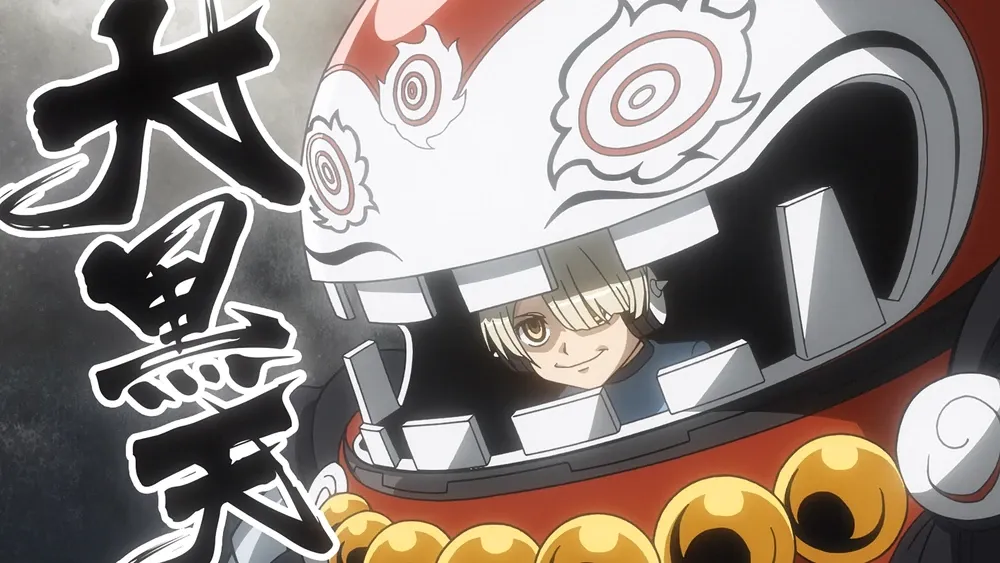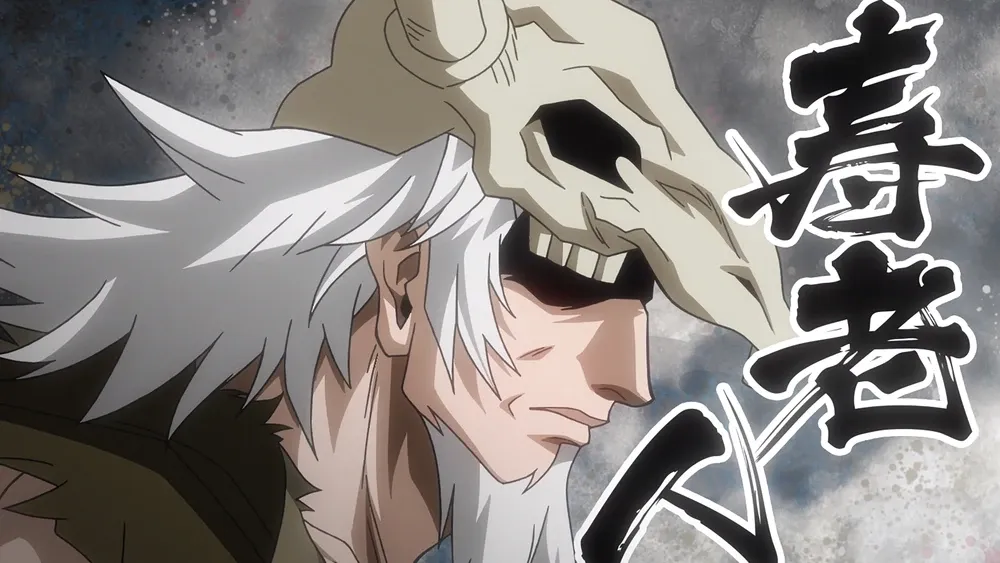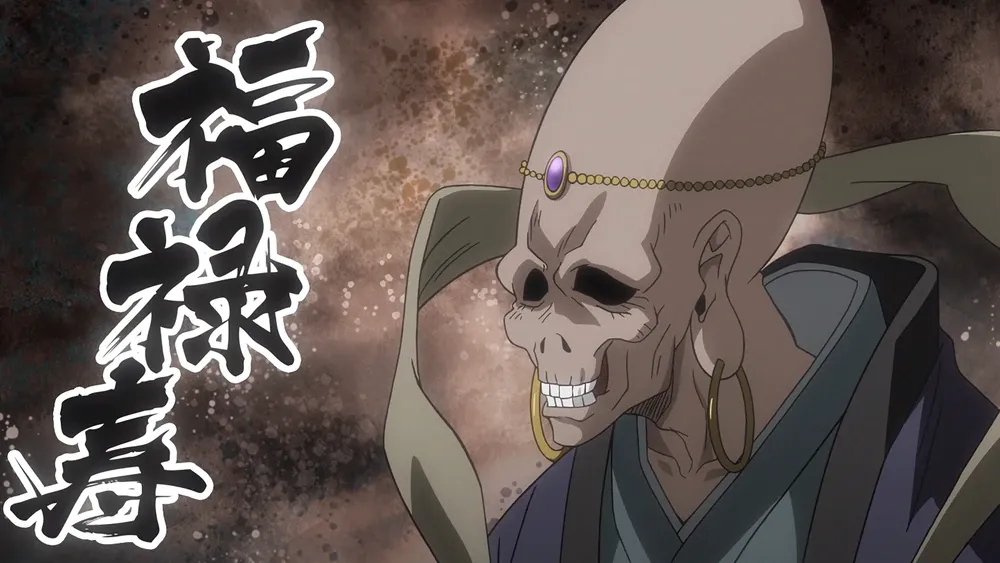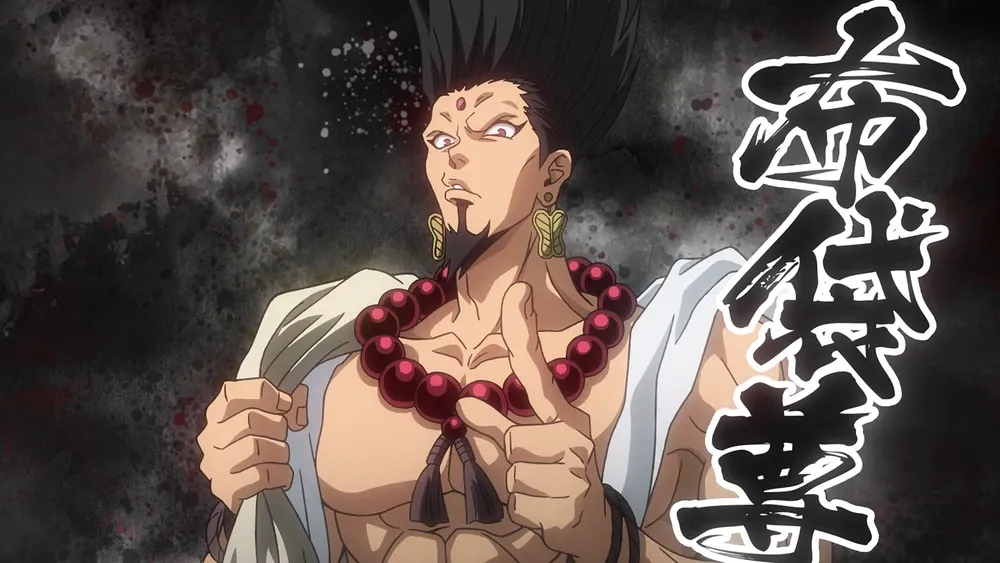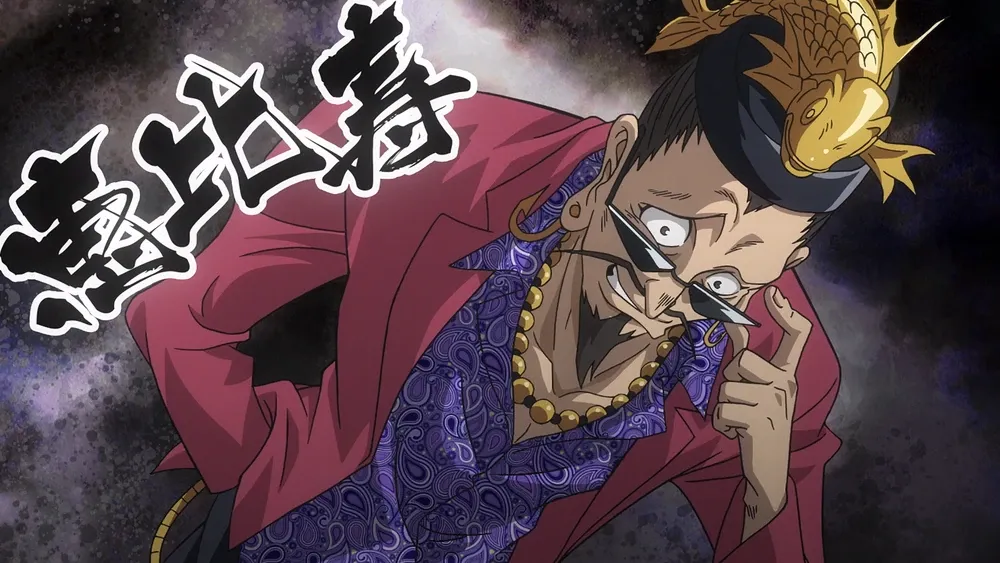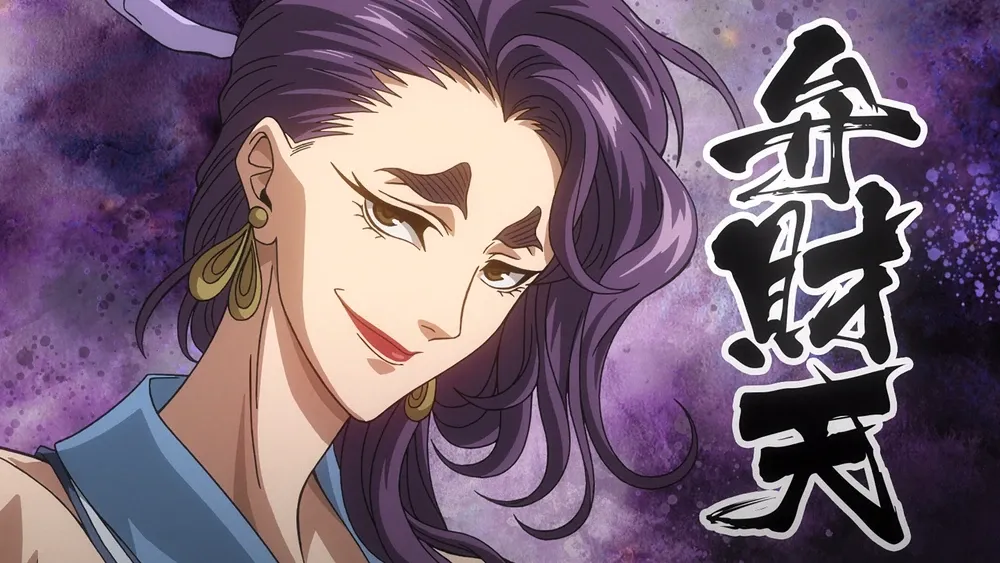In the middle of Shiva and Raiden's battle in season 2 of Record of Ragnarok, Buddha and Loki end up having a very interesting conversation that quickly turns tense. Loki suspects Buddha as a traitor, for he observed that the only way the Valkyrie can execute their Volunds is because of Buddha's "common destiny" principle. Buddha does not exactly deny this accusation, implying that maybe it is true in his typical nonchalant responses. This invokes the presence of the Seven Gods of Fortune, who bestow good fortune on those deserving. They are a powerful group of deities, for even the gods are not exempt from their judgements. They are the seven pillars and executioners of heaven. So who are these seven arbiters of fortune?
Originally, there was one deity of misfortune named Zerofuku. In Japanese mythology, he is known as the God of Misfortune, his name translating to "zero fortune". In the past, after unleashing his woes on an innocent human mother and child for being constantly unfortunate, Zerofuku divided himself into seven forms so he would not harm anyone again, birthing the Seven Gods of Fortune: Daikokuten, Jurojin, Fukurokuju, Hoteison, Ebisu, Benzaiten and Bishamonten.
Bishamonten
Leader of the Seven Gods of Fortune, Bishamonten possesses the greatest strength out of all of them. He keeps a hard stone-like expression all of the time, and despises Buddha for siding with the humans and threatening to kill any god who gets in his way. Bishamonten is the Shinto God of Fortune and patron of Buddhist warriors. True to his depiction in Japanese mythology, he is clad in armour and he wields a spear. Traditionally, he also carries a small pagoda.
Daikokuten
Daikokuten is the Shinto god of fortune in wealth, specifically related to food and monetary wealth. In the anime, he is presented as a young blonde boy in a robot costume. He has roots in Hinduism, as he was originally an emanation of Lord Shiva named Mahākāla. Daikokuten began appearing in Buddhist texts and eventually became associated with the Buddhist pantheon. Despite his happy appearance, he was once a warrior god, the latter form being closer to his Hindu persona.
Jurojin
Another Shinto deity, Jurojin is the god of longevity. A mysterious character, he wears a robes over his rippling muscles with an animal skull on his head. True to Japanese mythology, he is represented as an old man with a white beard, albeit with a bodybuilder's physique in the anime. Traditionally he is also accompanies by a stag, which may explain the antlers on his skull headdress in the series. Jurojin, according to folklore, was saif to have once been a Taoist sage that was living on Earth.
Fukurokuju
With his name derived from the Japanese fuku (happiness), roku (wealth) and ju (longevity), it is easy to see what Fukurokuju is the deity of. In the anime he is a small and frail brown-skinned man with an enormous head, which is very close to his mythological depiction. Just like Jurojin, Fukurokuju was once a Taoist sage on Earth. In Japanese mythology, he is normally accompanied by a creature symbolising longevity like a crane, tortoise or deer. He does wield a cane topped with a brass or gold bird in the anime, this could possibly represent a crane.
Hoteison
Hoteison is the god of fortune and abundance in Japanese mythology. He is depicted in the anime as a strong young man that bares his chest and has flashy hair. Just like in the mythology, he carries a cloth bag which is said to carry many fortunes for those who believe in him. Supposedly, Hoteison was a Buddhist priest, Maitreya, before attaining enlightment.
Ebisu
Said to be the only god of fortune hailing only from Japan, Ebisu is the god of fishing and tradesmen. Unlike his wily anime counterpart, Ebisu is traditonally a small and rounded fisherman that carries a fishing rod in one hand and a sea bream or red snapper in the other, these fish are symbols of good fortune. A popular god in Shintoism, his image can be found in many businesses and shops for prosperity. Ebisu in the anime wears a fish on his head, which is indexical of his depiction in Shinto mythology. In the anime, he is loud, outspoken and has a short temper.
Benzaiten
The only female on the Seven, Benzaiten, is the goddess of literature, music, art and femininity in the Buddhist, Hindu and Shinto pantheon. True to the mythology, Benzaiten carries biwa instrument, similar to a lute. She is also associated with the Hindu goddess Saraswati, who is the Hindu goddess of education and arts and plays an instrument. In the anime, Benzaiten wears a predominantly white garment which could reflect the white snake that is her messenger in mythology. Her demanour is poised and gentle in the anime.


